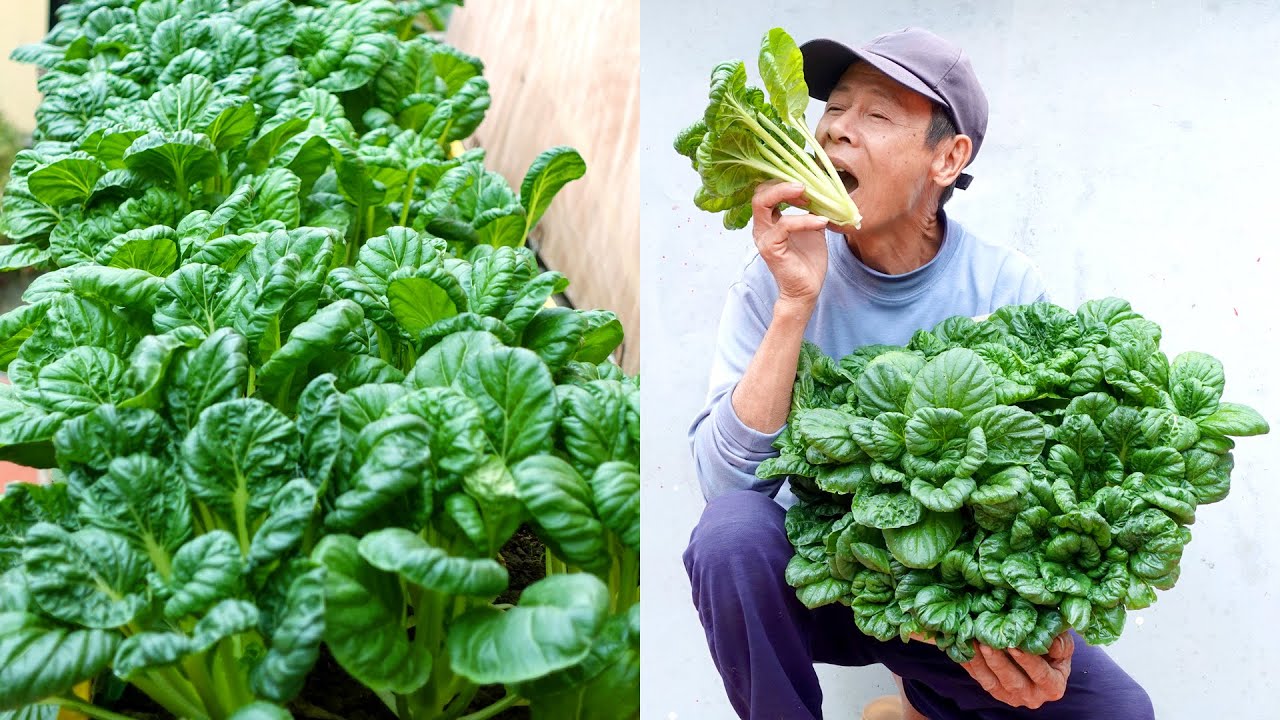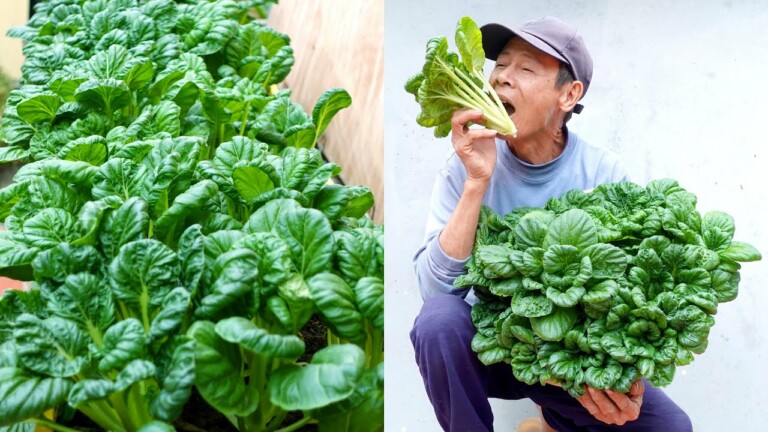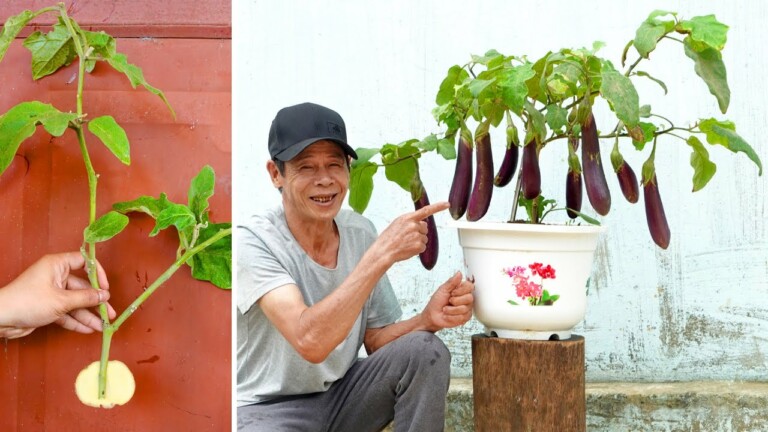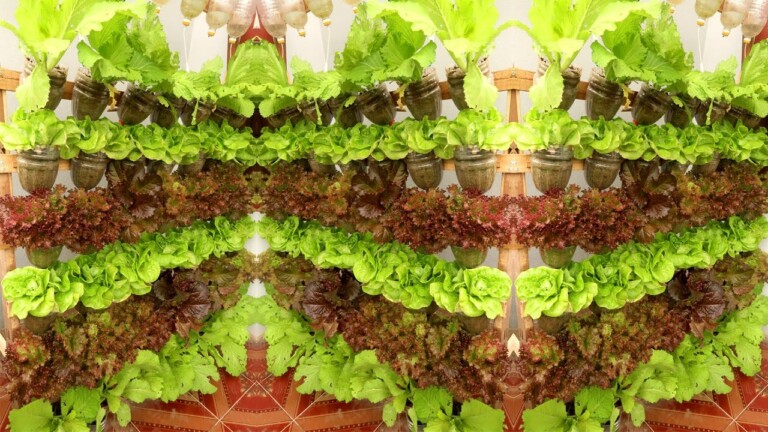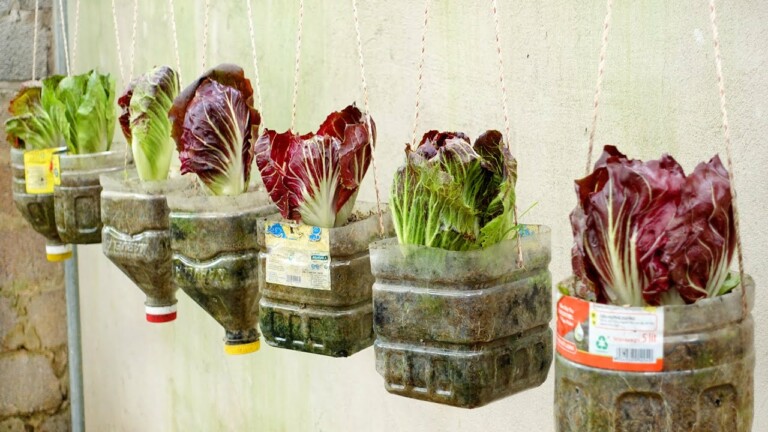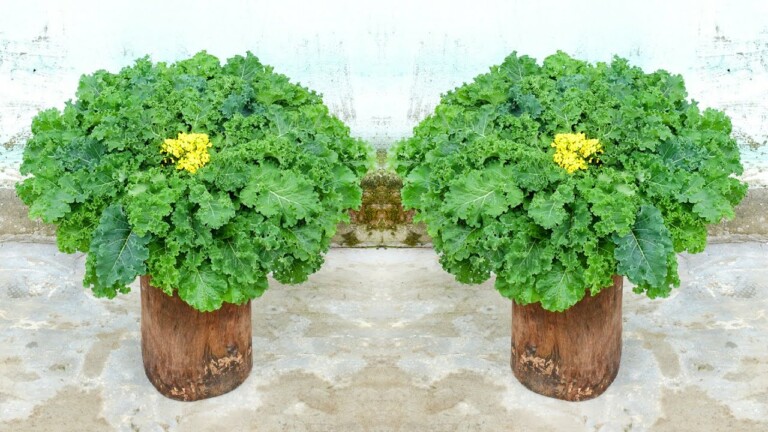Fresh vegetable garden right in the yard provides family, easy and economical
Do you ever dream of having a fresh vegetable garden right in your own yard? Imagine the convenience and satisfaction of being able to step outside and harvest your own homegrown produce. Not only is it easy to maintain, but it also offers numerous benefits for you and your family. From saving money on grocery bills to enjoying a healthier and more sustainable lifestyle, having a vegetable garden can truly transform your living experience. In this blog post, we will explore the many reasons why cultivating your own garden is a rewarding and economical choice. So, let’s dive in and discover the joy of growing your own fresh vegetables!
Fresh Vegetable Garden Right in Your Yard Provides Your Family with an Easy and Economical Supply
Introduction:
Are you tired of spending too much on vegetables at the grocery store? Are you looking for a way to provide your family with fresh, organic produce without breaking the bank? Well, look no further! In this article, we will explore the benefits of creating a fresh vegetable garden right in your own yard. Not only will this save you money, but it will also provide you with a rewarding and enjoyable experience. So, grab your gardening gloves and get ready to dig in!
Heading 1: The Benefits of a Homegrown Vegetable Garden
Sub-heading 1:1 Economic Savings
Creating a fresh vegetable garden in your yard is a great way to save money. Think about it, instead of constantly buying vegetables from the store, you can grow your own and avoid the rising costs. Plus, growing your own vegetables allows you to choose organic methods, which can be more expensive when purchased from the grocery store. With your own garden, you have control over what goes into your produce, ensuring that it’s free from harmful chemicals.
Sub-heading 1:2 Fresh and Nutritious Produce
When you grow your own vegetables, you have access to the freshest produce possible. There’s nothing quite like the taste of a tomato picked right off the vine or a crisp cucumber straight from the garden. By cultivating your own vegetables, you can ensure that your family is getting all the essential nutrients from fresh, unprocessed produce.
Heading 2: Getting Started – Tips and Techniques
Sub-heading 2:1 Mixing the Soil for Vegetables
Before you get started, it’s important to know how to mix the soil for growing vegetables. Check out this informative video on YouTube for step-by-step instructions and helpful tips. [YouTube link] The tutorial will guide you through the proper soil composition, including the right balance of organic matter and nutrients needed for healthy plant growth.
Sub-heading 2:2 Planning and Planting
Once you have your soil ready, it’s time to plan and plant your vegetable garden. Start by choosing the vegetables you and your family enjoy the most. Consider the space and sunlight requirements for each vegetable, and make sure you have enough room for them to grow. Create a layout and mark where each vegetable will be planted, ensuring they have enough space to thrive.
Sub-heading 2:3 Watering and Maintenance
Proper watering and maintenance are crucial for a successful vegetable garden. Water your plants regularly, ensuring they receive enough moisture without becoming waterlogged. Remove weeds regularly to prevent them from competing with your vegetables for nutrients and sunlight. Additionally, consider using organic fertilizers to provide your plants with the essential nutrients they need to grow strong and healthy.
Heading 3: Sharing and Inspiring Others
Sub-heading 3:1 Hashtags and Social Media
Once your vegetable garden starts flourishing, it’s time to share your success and inspire others to do the same. Use hashtags like #teogarden and #Growing to connect with others who share your passion for gardening. Share pictures of your growing vegetables on your social media platforms, and don’t forget to include some gardening tips and tricks along the way. By showcasing your garden, you can motivate others to start their own.
Sub-heading 3:2 YouTube Channel Subscription
If you’re truly passionate about gardening and want to help others succeed, consider starting your own YouTube channel. Share informative videos, tutorials, and even monthly updates on how your vegetable garden is progressing. Encourage your viewers to subscribe to your channel for more gardening tips and techniques. By doing so, you can create a community of like-minded individuals who are eager to learn and grow together.
Conclusion:
Creating a fresh vegetable garden in your yard is an excellent way to provide your family with an easy and economical supply of nutritious produce. Not only will you save money by growing your own vegetables, but you’ll also have the satisfaction of eating food that you nurtured from seed to plate. Embrace the benefits of a homegrown vegetable garden and reap the rewards of fresh, organic produce.
FAQs:
-
How much space do I need for a vegetable garden?
A: The space required for a vegetable garden depends on the number and type of vegetables you want to grow. Consider the spacing recommendations for each vegetable and plan accordingly. -
Can I grow vegetables in containers?
A: Absolutely! Growing vegetables in containers is a great option, especially for those with limited yard space. Just make sure the containers have proper drainage and provide enough sunlight for the vegetables. -
Are organic fertilizers necessary for a vegetable garden?
A: While organic fertilizers are not necessary, they can help provide your vegetables with essential nutrients in a more sustainable and environmentally-friendly way. -
How often should I water my vegetable garden?
A: The frequency of watering depends on various factors like the type of soil, weather conditions, and the specific needs of the vegetables. Generally, a regular watering schedule, ensuring the soil stays evenly moist, will keep your plants healthy. -
Can I start a vegetable garden in any season?
A: The best time to start a vegetable garden depends on the climate and the vegetables you want to grow. Some vegetables thrive in colder seasons, while others prefer warmer weather. Research the ideal planting times for each vegetable in your region to ensure success.
